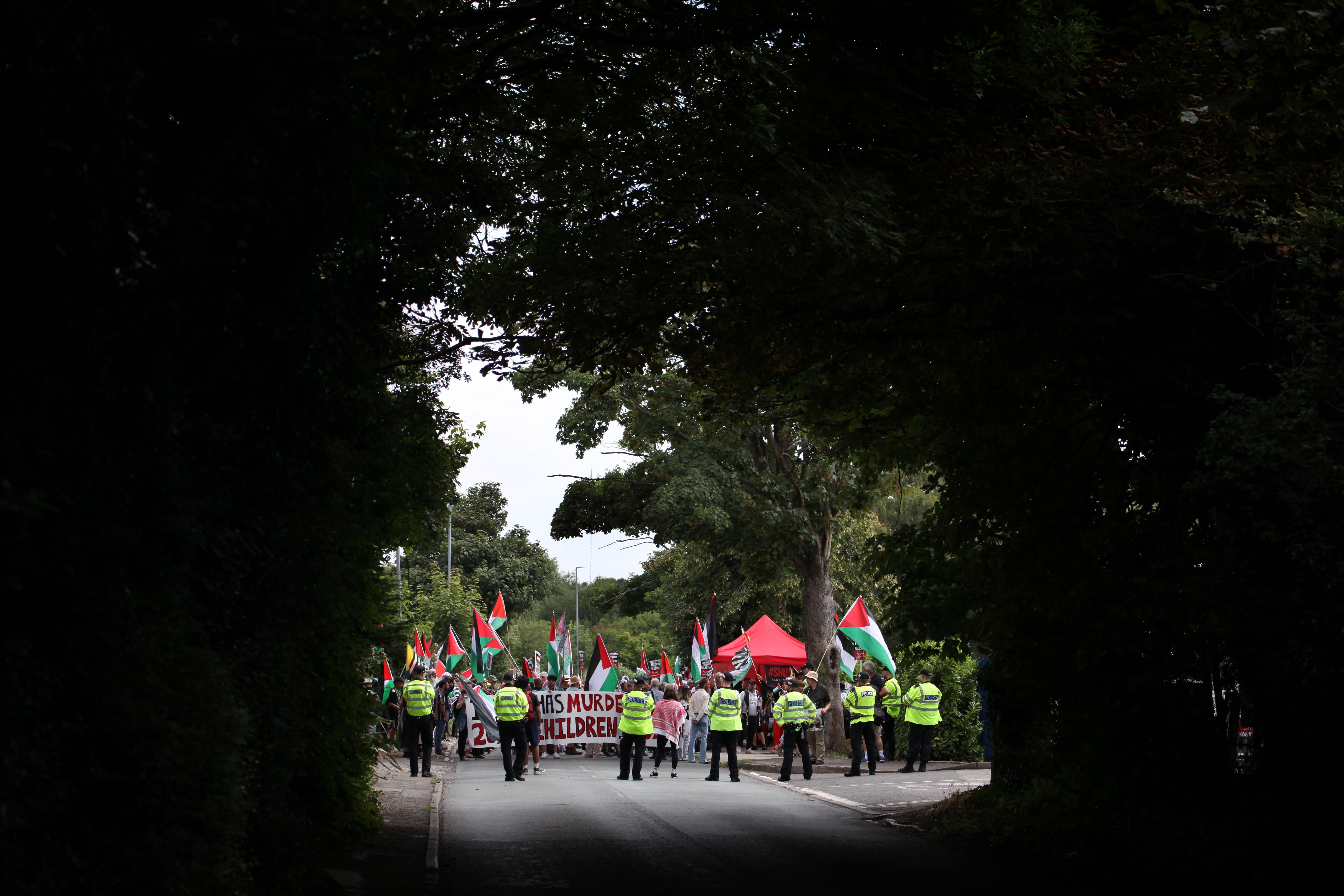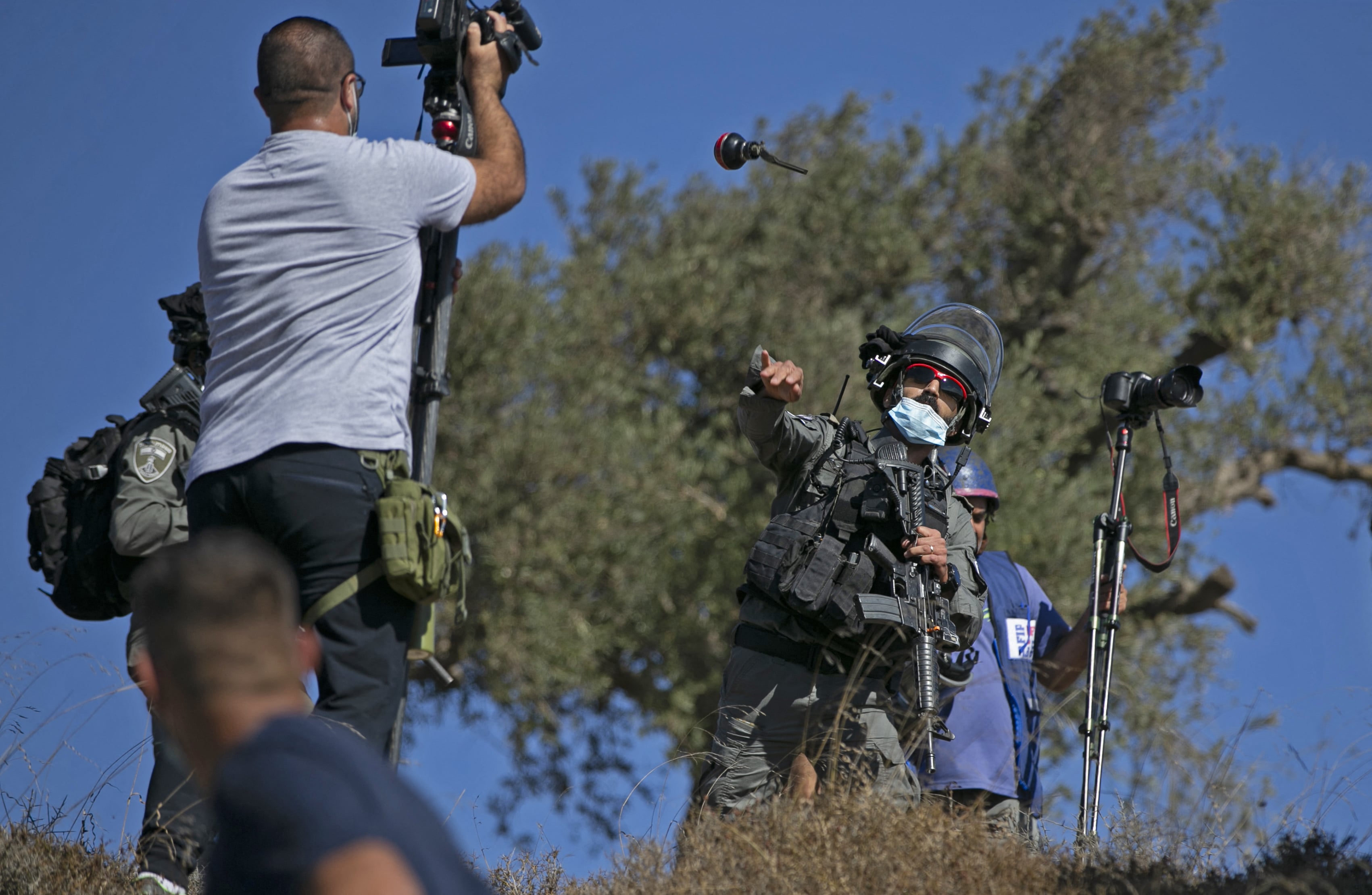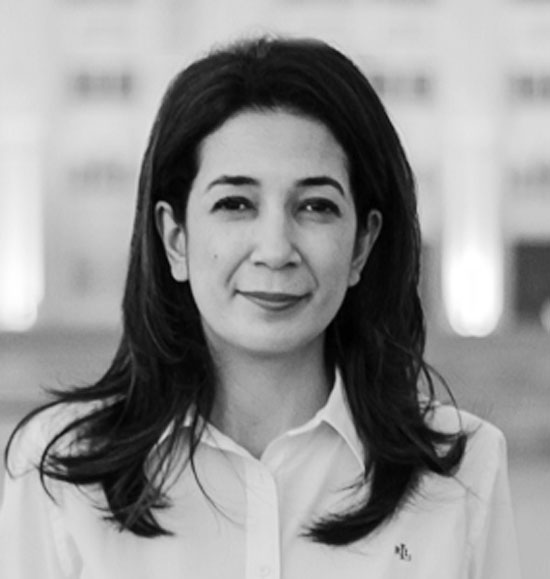Investigative journalist Jeremy Scahill calls for a revival of "adversarial journalism" to reinstate crucial professional and humanitarian values in mainstream Western media, especially regarding the coverage of the Gaza genocide.
On the International Day to End Impunity for Crimes Against Journalists, the U.S. Mission to the UN issued a statement expressing concern over the rising number of journalists killed globally for doing their work. The statement reads: “far too many journalists worldwide are targeted for their reporting”, yet it makes no mention of the largest massacre of journalists in the profession’s history, which occured in the Gaza Strip, where approximately 183 journalists and media workers were killed, according to the latest data from the Gaza government media office.
For American investigative journalist Jeremy Scahill, this pattern of concealing crimes is consistent with a longstanding history of violations by the U.S. forces, resulting in the killing of dozens of journalists around the world over the past decades, making the United States one of the leading countries with impunity for crimes against journalists. In Iraq, the United States killed at least 16 journalists and media workers, including Al Jazeera’s Tareq Ayyoub, who was killed in a U.S. bombing of the network's office in Baghdad. The world also vividly remembers the leaked video from 2007, when the U.S. military killed 12 civilians in Baghdad, including two Reuters news staff.
In an interview on Al Jazeera’s "Center Stage" Scahill states that Israeli crimes, including those committed against journalists, cannot be viewed in isolation from the enabling and morally complicit role of the United States. He argues that this complicity is rooted in a similar history of American crimes committed with impunity- an impunity that, according to Scahill, extends by proxy to Israel.
In an interview on Al Jazeera’s "Center Stage" Scahill states that Israeli crimes, including those committed against journalists, cannot be viewed in isolation from the enabling and morally complicit role of the United States. He argues that this complicity is rooted in a similar history of American crimes committed with impunity- an impunity that, according to Scahill, extends by proxy to Israel.
Scahill further argues that this moral alignment with the ongoing war on the Gaza Strip is evident in the stance taken by mainstream media outlets, which closely mirrors the position and rhetoric of the U.S. government. This stance, he contends, involves the complete erasure of 76 years of Israeli occupation and violence against Palestinians prior to October 7. According to Scahill, the co-founder of “Drop Site News”, this represents a form of "dishonesty that permeates the entire American media discourse” about the war in Gaza, where a completely inverted narrative is adopted, in which Israel is the victim, even though it is actually the one that killed more than 42,000 Palestinians, a huge proportion of whom were women, children, and the elderly.
Scahill is one of the few Western journalists who have actively sought to understand, present, and analyze the Palestinian narrative, including talking to leaders and members of Hamas, Islamic Jihad, and other groups, to grasp their views on both the October 7th attack and the subsequent war that led to Gaza’s near total destruction. According to Scahill, arranging meetings with officials in Palestinian resistance movements, including Hamas, is not necessarily difficult; he notes that they are often open to addressing the most sensitive questions related to the conflict.
Scahill believes that part of the bias in mainstream Western media lies not only in its failure to give space to the Palestinian narrative but also in its vilification of journalists who attempt to present it.
Scahill believes that part of the bias in mainstream Western media lies not only in its failure to give space to the Palestinian narrative but also in its vilification of journalists who attempt to present it. Both he and others have faced widespread smear campaigns backed by Israeli pressure groups, accusing them of engaging with the "enemy" and "terrorists." According to Scahill, this marks a completely new phenomenon, “where all of a sudden speaking to the quote unquote enemy makes you the enemy too as a journalist”. This accusation arises within the broader context of the comprehensive war on Palestinians and the decades-long war on truth within Western media.
Nevertheless, Scahill defends the necessity of speaking with Palestinians and officials from resistance movements, emphasizing that there is a journalistic tradition of listening to all sides in any issue. He argues that this approach is essential to uphold professional and responsible journalism, which ensures the pursuit of truth and accountability for those in power.
In this context, Scahill mentions that he spoke with offcials from the Palestinian resistance, including Mohammad al-Hindi, Deputy Secretary-General of Islamic Jihad, who noted that no Western journalist has attempted to speak with him or present his movement’s perspective since the early 1980s. Scahill emphasizes that engaging with these perspectives does not imply automatic agreement or endorsement. He also recalls that, after conducting such in-depth interviews with leaders from Palestinian armed groups, colleagues from major U.S. newspapers would tell him that the organizations they work for have "very strict rules" on how a journalist is allowed to quote Hamas, even within standard reports, in order to maintain a certain operative framework that is always in favor of the Israeli narrative.
Adversarial Journalism
In the interview, Scahill advocated for what he calls "adversarial journalism," which is a form of journalism that returns to its foundational values, primarily by holding power to account, scrutinizing its narratives, restoring trust in objective facts, and rigorously verifying information. Scahill believes that true journalism is grounded in resisting any monopolies of public information and protecting the right to knowledge and critical thinking.
Given the failure of mainstream media to present the truth in a balanced way, Scahill argues that journalists today, must go beyond the "trust but verify" approach when addressing narratives from any authority. Instead, they should adopt an initial principle of "mistrust" toward the views and statements of the powerful, and “dig through what the facts are”.
Scahill advocated for what he calls "adversarial journalism," which is a form of journalism that returns to its foundational values, primarily by holding power to account, scrutinizing its narratives, restoring trust in objective facts, and rigorously verifying information.
Scahill, author of "Dirty Wars," concludes his interview by highlighting the example of Julian Assange, who faced a widespread smear campaign from both official and Western journalistic circles after exposing a wealth of sensitive information, including U.S war crimes in Iraq and Afghanistan, and the U.S. administration's use of soft power to strengthen its global dominance. According to Scahill, Assange’s work disrupted the cozy relationship between media, power, and capital, serving as a powerful reminder of the need for journalism in democratic societies to maintain a critical balance with such forces, in the pursuit of truth and the public good.














































